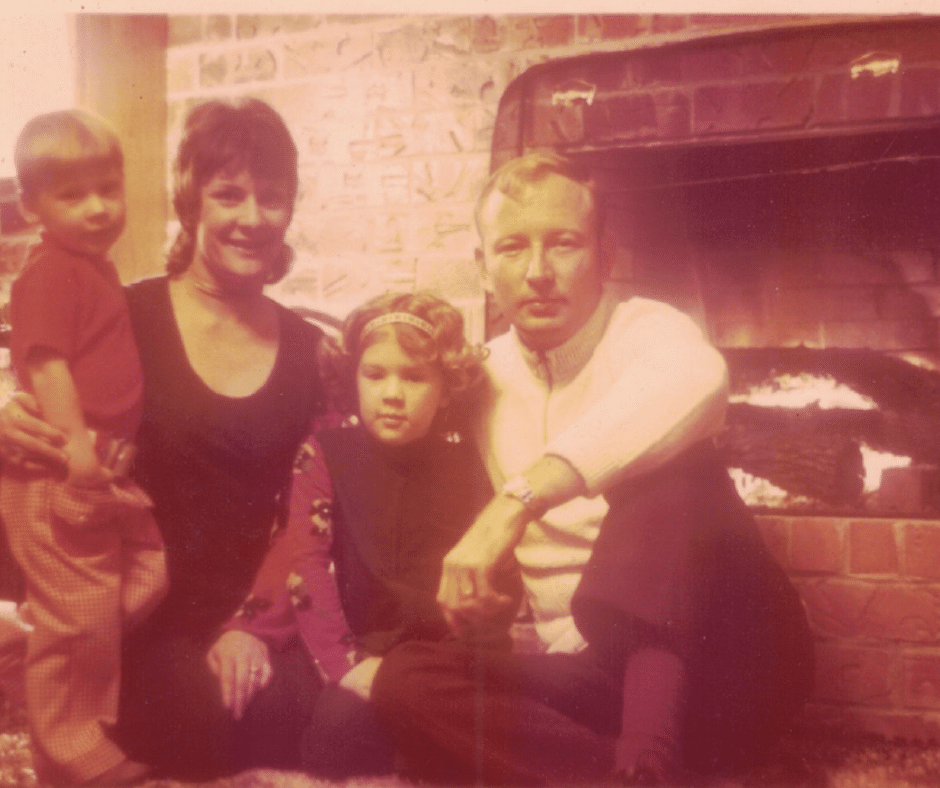Who Owns Our Stories?
The Fever Pitch and the Harm of True Crime
By Nora Biette-Timmons
There doesn’t appear to be one singular moment when America went true-crime crazy. In the 1990s and early 2000s, tabloids and popular magazines published what they considered salacious details of violent crimes that captured their readers’ imagination. NBC’s Dateline premiered in 1992, and has spent the last three decades reporting out crimes week after week, and remains a major success: In 2023, 125 million people watched Dateline, and it was the number one most popular TV newsmagazine program, according to Nielsen data.
The podcast boom of the last decade can in part be attributed to Americans’ existing obsession with true crime: The This American Life spinoff Serial’s first season investigated the 1999 murder of Hae-min Lee and the subsequent prosecution of her former boyfriend Adnan Syed. Its explosive popularity—it was downloaded 100 million times within a year of its release—brought renewed attention to the case, and in 2022, Syed’s murder conviction was thrown out. However, it was later reinstated in October 2023—because Lee’s brother had been unable to attend the hearing at which it was overturned.
This oversight is indicative of a larger reality. When true crime stories garner the sort of frantic, fever-pitch level of attention of Serial, the lived experiences of those actually hurt by the crime go under the radar—if they’re not outright ignored.
As Lee’s brother told a court in 2022, “This is not a podcast for me. It’s real life that will never end — it’s been 20-plus years. It’s a nightmare.”
The commercial success of true crime means that for far too many people, the worst thing that’s ever happened to them has been turned into entertainment, regardless of whether or not they and their loved ones have received justice of any sort.
For Laura Freeman, that moment came in late June 2022, when a popular TV network aired an episode focused on the case of her mother, Virginia, who had been murdered in College Station, Texas, more than 40 years previously, when Freeman was 14 and her brother, Brad, was 12. Virginia was a realtor, and volunteered at church helping immigrants whose spouses moved to town to attend Texas A&M. Laura Freeman remembers the camping trips her mother would plan; Virginia helped build a very happy, stable family.
It had taken investigators 38 years to determine who violently killed her mother. A former sheriff’s detective who worked the case appeared as an expert on the episode, telling intimate, gruesome details about the case.
A friend of her cousin told them about the show, warning Freeman’s family against watching it. Freeman told Evermore that she only watched a preview of the episode—and saw a picture of her mom’s hand wearing a ring that she now has.
“I felt frozen when I first viewed the picture of my mother’s hand,” she said.
Maintaining the dignity of victims’ stories, even without consent, is possible. An ABC News report on the discovery that led to solving Freeman’s mother’s murder exemplifies how to report crime victims’ stories responsibly. It doesn’t include unnecessary salacious details, for example, in the same fashion that many true crime platforms do, or tease the idea that Freeman’s father may have done it, a common trope in true crime storytelling.
The ABC report also recognizes that this crime had lasting effects on her loved ones, and clearly sought to include their perspective: “While it’s too painful for her children to talk about the case, her son said earlier this year that he’s grateful investigators never lost interest in his mother’s case,” the last paragraph reads.
In an interview with TIME Magazine, Mindy Pendleton said she also felt re-traumatized when she found out that another popular network documentary team was reporting on the murder of her stepson, Robert Mast. In February 2019, they asked her and her family to participate in the show. Pendleton was vehemently opposed to the idea.
“As a parent, a fellow human being, I beg you not to do this,” she wrote in an email to the documentary team, which she shared with TIME. “PLEASE don’t do this!”
Though a producer told Pendleton he’d never faced such a “moral dilemma,” the show moved forward despite her pleas, and Mast’s murder was recounted in the first episode of the second season of I Am A Killer, which premiered in April 2020. While the episode did not include input from Mast’s family, it did paint the woman who killed him “in a relatively sympathetic light,” as TIME reporter Melissa Chan put it.
I Am A Killer has gone on to have two more seasons, and a fifth is coming later this year—proving that the true crime craze has not dissipated.
Besides its exploitative focus on peoples’ most harrowing memories, true crime consumption often comes with another downside, according to Stacey Nye, a clinical professor of psychology at UW-Milwaukee: victim blaming.
Even those who “do everything right” can become victimized, Nye said in an interview with WUWM, an NPR station in Milwaukee, Wisconsin. She also highlighted another problem with true crime: its over-emphasis on white women: “There’s a huge number of women of color, Indigenous women, and trans women who are targeted, and that’s talked about much less.”
No victim deserves to have their story told without their permission—or that of their loved ones. But, like any other media representation, it’s important to be aware of the inequalities that true crime narratives may perpetuate.
It may be hard to determine a comprehensive solution to the exploitative side of true crime, given just how massive the industry is now.
But at least on an individual level, true crime content producers can make amends with victims and/or their families.
The National Center for Victims of Crime has sought to create more understanding among true crime fans, too.
“We have focused on trying to encourage ‘ethical’ true crime consumption—meaning that viewers are mindful of what they are watching and hold the producers/creators accountable for being victim-centered and including victim voices,” Renee Williams, the center’s executive director, told Evermore. “We always advocate for the inclusion of victims in telling their own stories in true crime and media coverage.”
To that end, her organization has created guidelines to help people stay thoughtful as they watch true crime shows or listen to true crime podcasts. Among them are reminders for people to ensure they’re consuming content from legitimate sources and to prioritize content that elevates victims’ perspectives.
So, the next time you scroll through your phone to pick a podcast, or see promo for the latest murder documentary splashed across your TV, take a beat. Remember that, no matter how this content may be packaged—whether it has Hollywood high production values, or uses a crime story to illustrate a salient political point—it is telling a story that belongs to someone else. Real people’s pain is behind these narratives, and it is important to remember and center that.[/vc_column_text][vc_separator border_width=”3″ css_animation=”fadeInRight” css=””][vc_column_text css=””]
We welcome readers to share their experiences with true crime — positive or negative, confusing, frustrating, or supportive. If you have a story to share, email us at hello@stagingevermore.dbdodev.com.

